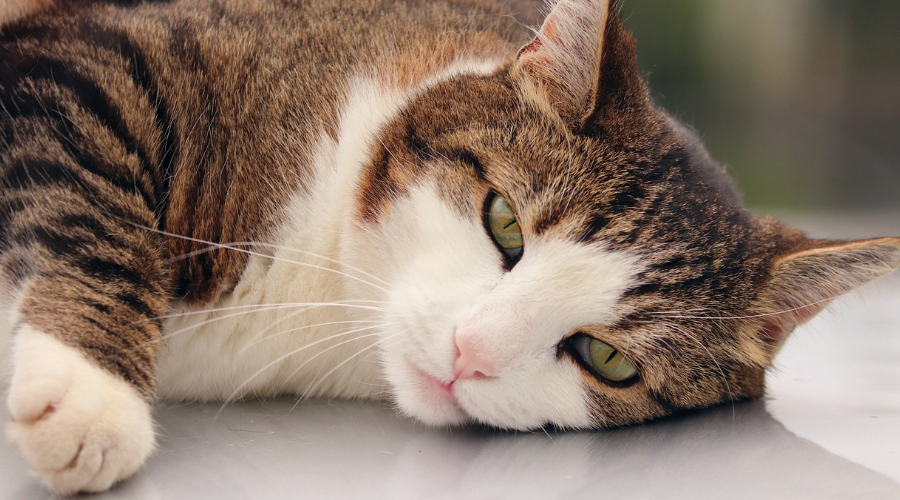
As a pet parent, understanding your cat's health is crucial for providing the best care possible. Cats, like humans, can experience various digestive issues that manifest through symptoms such as vomiting white foam. These symptoms might indicate underlying health conditions ranging from minor digestive discomforts to more serious ailments. In this guide, we'll explore common causes of vomiting white foam in cats, shedding light on each condition's symptoms and possible treatment options. By familiarizing yourself with these issues, you'll be better equipped to recognize when your feline friend needs veterinary attention and take proactive steps to maintain their well-being.
- Indigestion
- Hairballs
- Irritable Bowel Syndrome (IBS)
- Pancreatitis
- Liver Dysfunction
- Diabetes
- Kidney Dysfunction
- Hyperthyroidism
Indigestion
Just like humans, a cat's stomach digests food by producing acidic substances, except the pH level is lower than ours. You can think of it as the cat's stomach acid being "more acidic" than human stomach acid. If a cat goes without eating for some reason and the accumulated acid in its stomach stimulates the intestines, it can lead to vomiting. Indigestion can cause cats to vomit white foam or yellow foam. If you suspect this is the reason, it's recommended to change the cat's diet to smaller, more frequent meals. This condition often occurs in households that feed their cats at fixed times. While having fixed mealtimes is a good habit, it's important to ensure at least three meals a day, or at the very least two.
So, Just like us, cats can experience indigestion, especially when they consume food that's hard to digest or when there's a sudden change in their diet. Besides foaming at the mouth, signs of digestive discomfort may include rapid breathing. As responsible pet owners, it's crucial to monitor our cats' eating habits and behavior closely. Upon noticing such symptoms, consider feeding them probiotics to help regulate their digestive system. Additionally, controlling their diet and avoiding greasy foods is key to preventing indigestion.
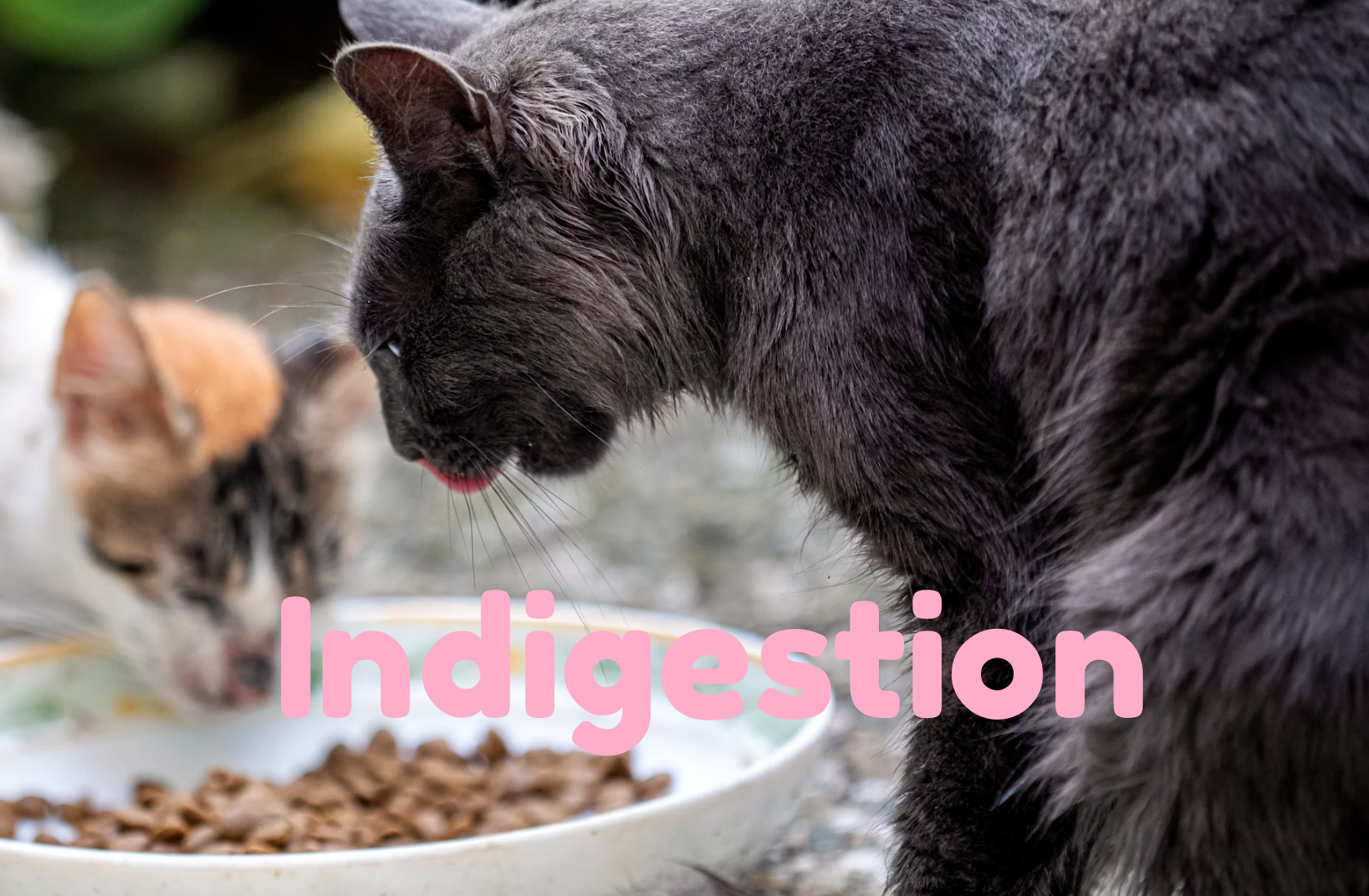
Hairballs
Almost all cats groom themselves daily, which inevitably leads to the ingestion of a lot of hair. Sometimes, these hairballs are excreted in the feces, but if there's too much, they can't be passed that way and must be vomited up. However, the cat may not be able to vomit up such large hairballs right away, so initially, you might only see white foam. After a few days of vomiting, the hairball will be expelled. Therefore, vomiting white foam can be seen as a precursor to bringing up hairballs. At this time, it's important to provide the cat with hairball management supplements, such as hairball gels or tablets, which are readily available on platforms like Taobao. These products don't dissolve hairballs in the stomach but rather promote gastrointestinal motility to help pass the hairballs.
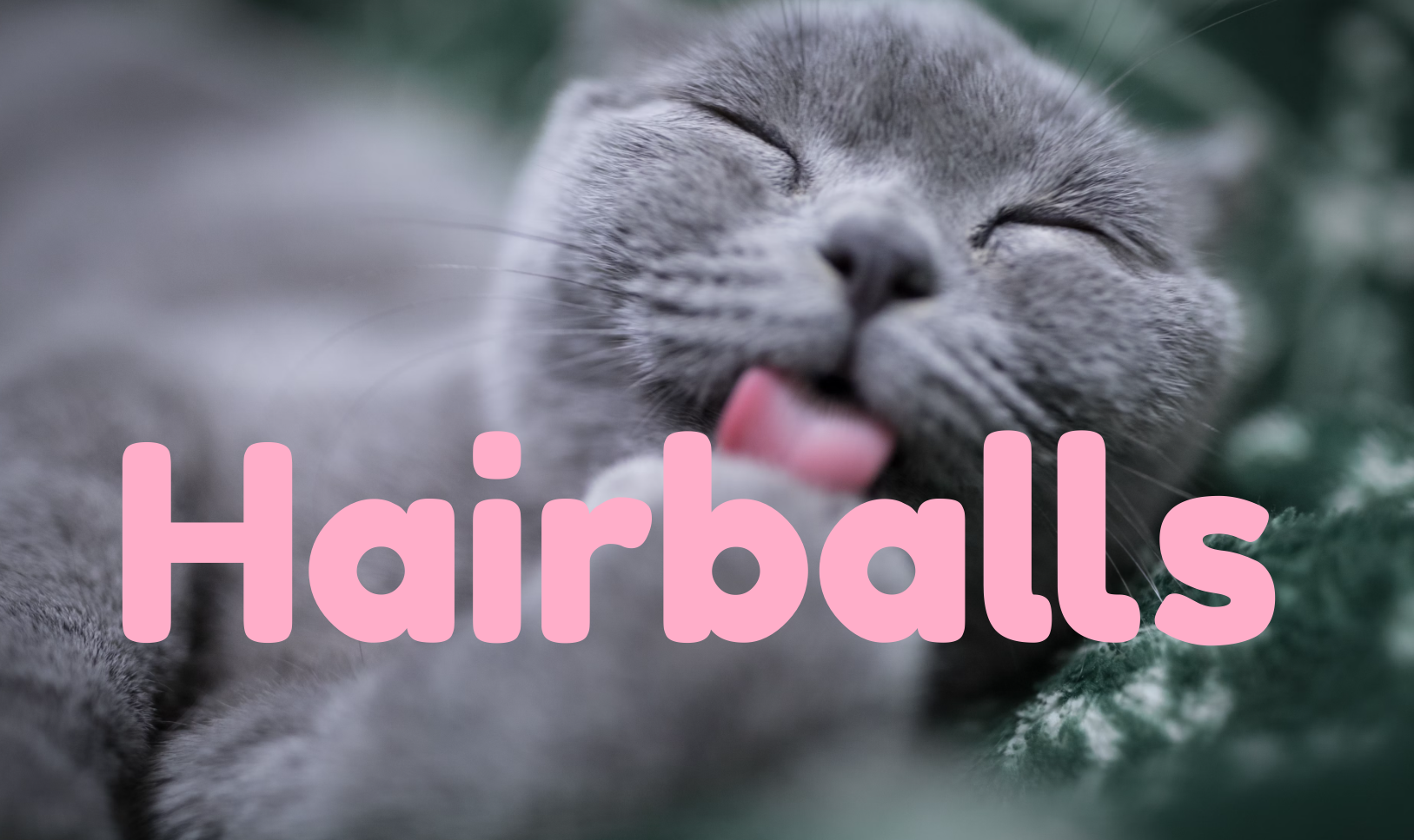
Gastritis
Consuming inappropriate items, such as leftovers from the table, can irritate a cat's stomach. In such cases, besides vomiting blood or bile, you may also notice white foam in the vomit. At the same time, your cat may exhibit loss of appetite, lethargy, sleepiness, or dehydration.
Irritable Bowel Syndrome (IBS)
IBS and IBD are two common lower gastrointestinal diseases. IBD, or inflammatory bowel disease, is a chronic issue often discussed by veterinarians. IBS is a low-grade inflammation that can clinically resemble IBD in remission. The etiology of both diseases is not well understood, especially regarding genetic predispositions, which are suspected but unclear. IBS is one of the most common causes of vomiting in cats. Many cases suspected to be IBD could actually be IBS, which may also be accompanied by diarrhea and chronic metabolic disorders. If you suspect your cat has IBS, further examination at a veterinary hospital is necessary.
Pancreatitis
Cats can suffer from acute or chronic pancreatitis, which can occur alongside other conditions like gastrointestinal diseases, liver diseases, or diabetes. Cats with pancreatitis may also experience diarrhea and thinning fur. If you suspect your cat has pancreatitis, further medical evaluation is advised.
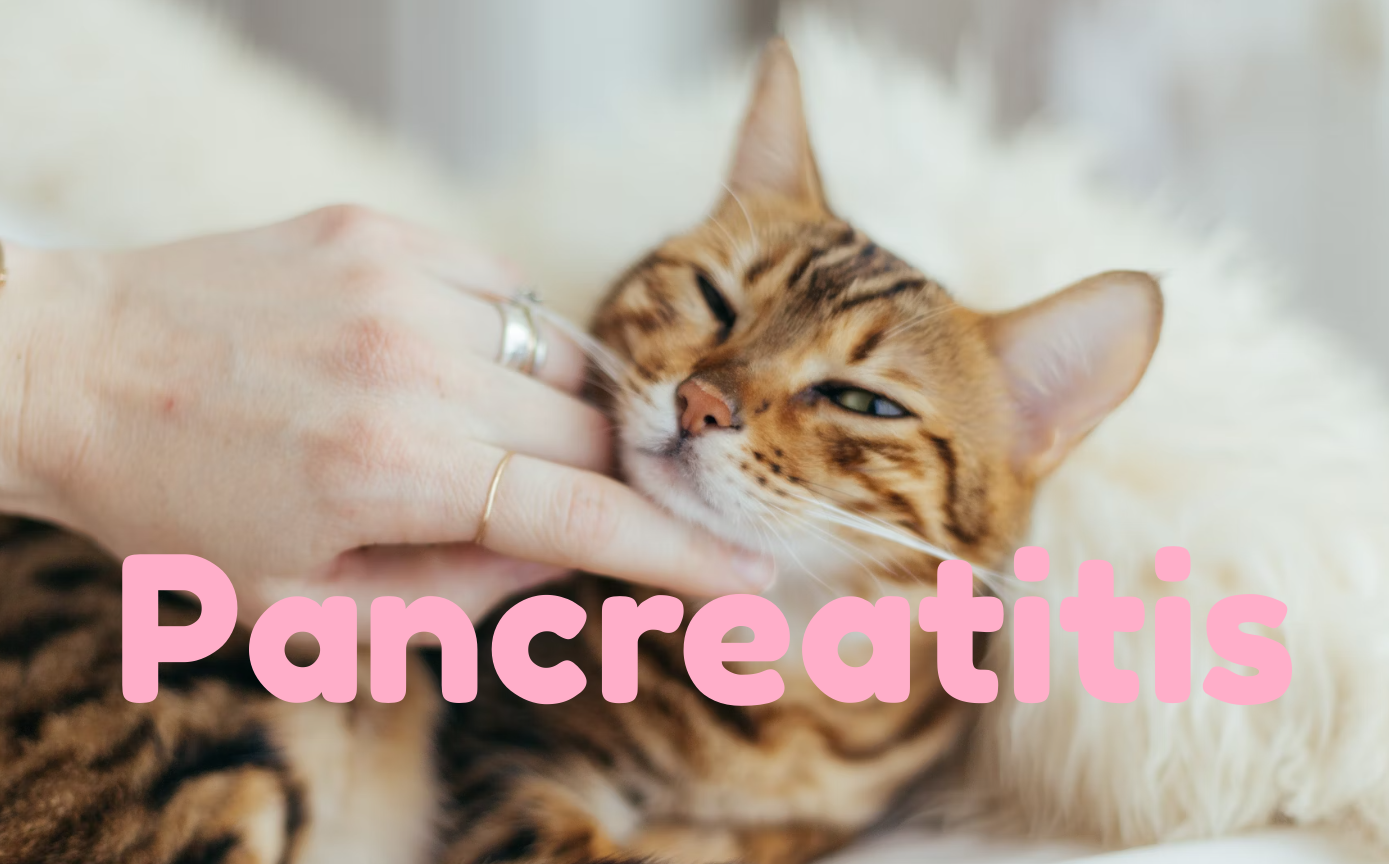
Liver Dysfunction
Cats with liver disease can exhibit various non-specific symptoms, such as vomiting, loss of appetite, or weight loss. More severe symptoms may include jaundice, with yellowing of the skin and sclera (whites of the eyes). While liver disease is incurable, symptoms can be managed. Veterinarians will develop a treatment plan based on the cat's condition.
Diabetes
The classic symptoms of diabetes: increased drinking, increased eating, increased urination, and weight loss. Additionally, poor coat condition and bad breath are also relatively typical symptoms. Severe diabetes can lead to vomiting white foam or mucus, which may contain blood. If your cat shows these classic symptoms, seek medical attention promptly.
Kidney Dysfunction
Chronic kidney disease is a common condition in older cats. Other symptoms include excessive water intake, changes in urine output, loss of appetite, dehydration, lethargy, poor coat condition, and weakness. Similar to liver disease, kidney disease is incurable, but symptoms can be managed. If your older cat begins to show any abnormalities in the urinary system, it's best to seek immediate medical care. If diagnosed with chronic kidney disease, discuss a home support treatment plan with your doctor.
Hyperthyroidism
Overactive thyroid glands are another very common condition in older cats. Symptoms include vomiting, weight loss despite increased appetite, diarrhea, increased urination, and excessive meowing. If your older cat exhibits any of these symptoms, take them to the vet. A blood test can check thyroid hormone levels. If diagnosed, a daily medication regimen can be discussed to alleviate symptoms.
Environmental Stress
Cats are incredibly sensitive creatures that can easily get startled or affected by changes in their environment. Stressful situations might lead to symptoms like foaming at the mouth and rapid breathing. In such scenarios, quickly remove your cat from the source of stress and provide gentle reassurance and companionship. If the stress response persists or is accompanied by other symptoms, it's highly recommended to seek veterinary care promptly.
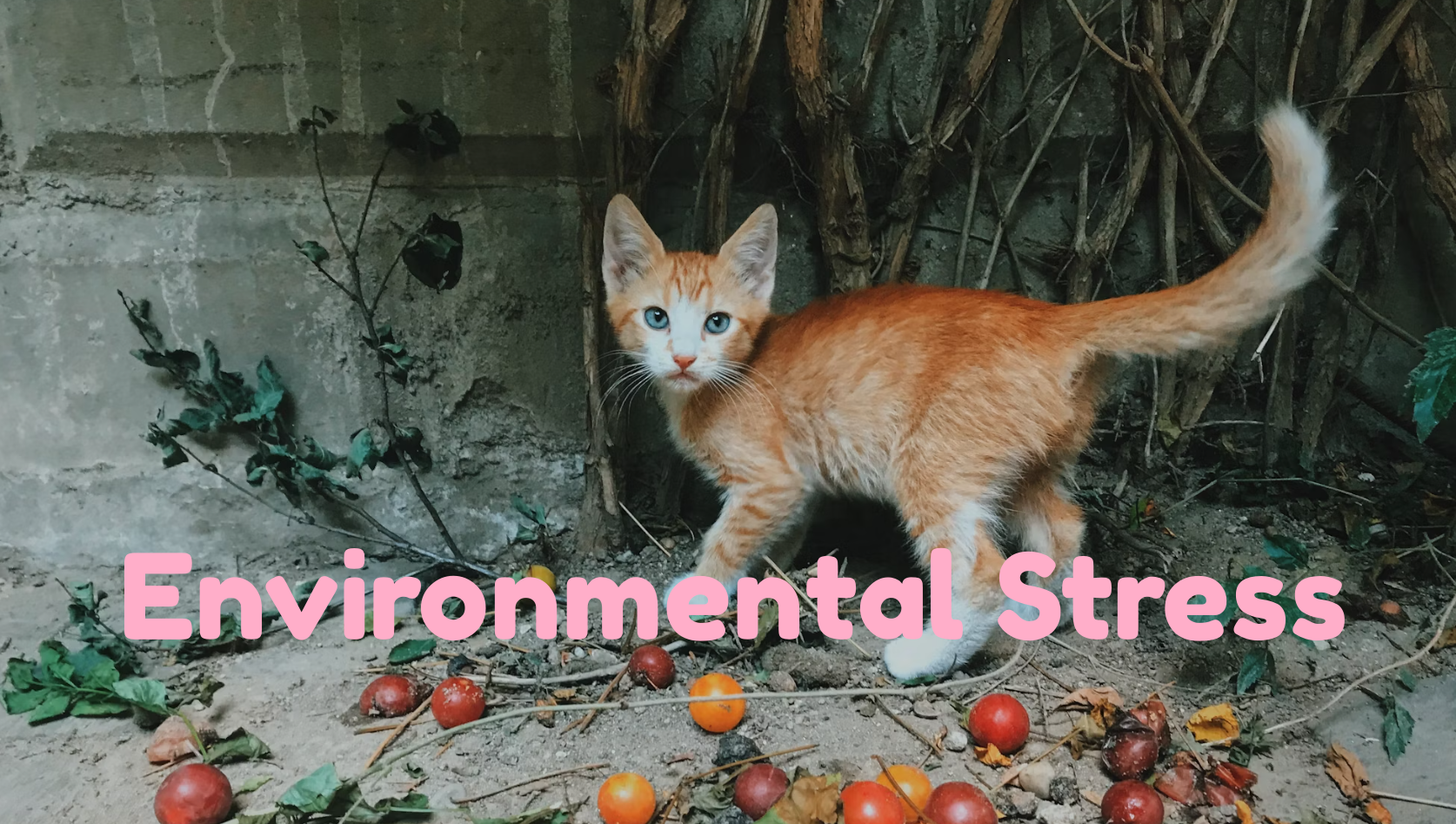
Viral Infections
Apart from the previously mentioned causes, foaming at the mouth could also indicate a viral infection, such as Feline Panleukopenia (Cat Distemper) or Feline Infectious Peritonitis (FIP). These conditions can cause various discomforts, including vomiting, diarrhea, and difficulty breathing. If you observe these symptoms, take your cat to the vet immediately for timely treatment. The treatment process might involve antiviral medications, antibiotics, antiemetics, and ensuring your cat receives ample nutrition and care for a speedy recovery.
In Conclusion
It's clear that foaming at the mouth in cats isn't due to a single reason. We need to assess and handle each situation based on its specifics. By remaining vigilant and caring for our cats' well-being, we can ensure they live a happy and safe life.
Q&A
Q: My cat vomits white foam occasionally. Should I be concerned?
A: Occasional vomiting of white foam in cats can be normal, especially if it happens infrequently and your cat otherwise appears healthy. However, if it becomes frequent or is accompanied by other concerning symptoms, it's best to consult with your veterinarian to rule out any underlying health issues.
Q: What should I do if my cat vomits hairballs frequently?
A: If your cat vomits hairballs frequently, it's important to address the underlying cause by implementing measures to reduce hair ingestion, such as regular grooming and feeding hairball control supplements. Additionally, providing a high-fiber diet can help move hairballs through the digestive tract more effectively.
Q: How can I tell if my cat has gastritis?
A: Gastritis in cats may present with symptoms such as vomiting white foam, decreased appetite, lethargy, and dehydration. If you suspect your cat has gastritis, it's advisable to seek veterinary attention for a proper diagnosis and treatment plan.
Q: Can IBS in cats be managed at home?
A: While some cases of irritable bowel syndrome (IBS) in cats can be managed with dietary modifications and stress reduction techniques at home, it's essential to consult with your veterinarian for an accurate diagnosis and tailored treatment plan. In some instances, medication or prescription diets may be necessary to manage symptoms effectively.
Q: What are the treatment options for pancreatitis in cats?
A: Treatment for pancreatitis in cats typically involves supportive care, including fluid therapy, pain management, and nutritional support. In severe cases, hospitalization may be necessary for more intensive treatment. Your veterinarian will develop a treatment plan based on the severity of your cat's condition.
Q: How can I prevent liver disease in my cat?
A: While not all cases of liver disease in cats can be prevented, you can reduce the risk by providing a balanced diet, maintaining a healthy weight, avoiding exposure to toxins, and scheduling regular veterinary check-ups for early detection of any potential issues.
Q: What are the signs of diabetes in cats?
A: Common signs of diabetes in cats include increased thirst (polydipsia), increased urination (polyuria), increased appetite (polyphagia), weight loss, poor coat condition, and lethargy. If you notice any of these symptoms in your cat, it's essential to seek veterinary attention for proper diagnosis and management.
Q: Is kidney disease common in older cats?
A: Yes, chronic kidney disease (CKD) is a common age-related condition in older cats. Signs of CKD may include increased drinking and urination, decreased appetite, weight loss, lethargy, and poor coat quality. Regular veterinary check-ups can help monitor your cat's kidney health as they age.
Q: How is hyperthyroidism diagnosed in cats?
A: Hyperthyroidism in cats is typically diagnosed through blood tests to measure thyroid hormone levels. If hyperthyroidism is suspected based on clinical signs, such as weight loss despite increased appetite, your veterinarian may recommend further diagnostic testing to confirm the diagnosis and determine the best treatment approach.

